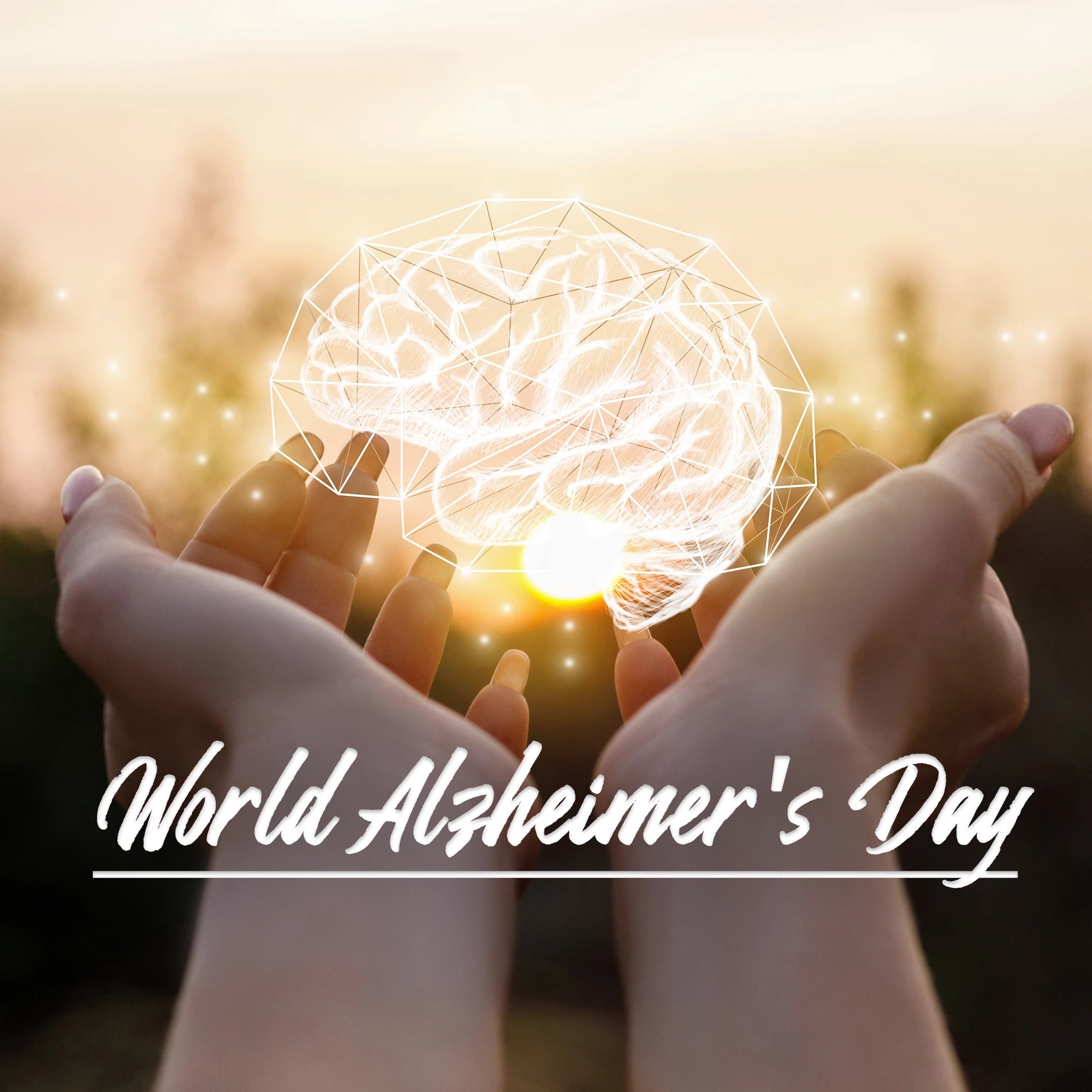Alzheimer’s Disease and Nitric Oxide

September 21st is World Alzheimer’s Day, an internationally recognized day to increase awareness of dementia-related diseases with walks and other fundraisers and educational events. Nitric oxide dysregulation may play a part in the onset of dementia, learn more about it here.
What is Alzheimer’s Disease?
The federal National Institute of Aging defines Alzheimer’s disease as:
“an irreversible, progressive brain disorder that slowly destroys memory and thinking skills, and, eventually, the ability to carry out the simplest tasks”.
If you have had family or friends who reached their senior years, you have probably been affected by the toll that this disease can take on a person and the people who take care of them. Watching somebody’s mental health unravel in slow motion is truly tragic. We think that it’s important for everyone to have access to the facts, so keep reading if you’d like to know more.
Only about 1% of the U.S. population has clinically diagnosed Alzheimer’s disease, however this number doesn’t tell the whole story. Dementia-related diseases may take decades to progress to a diagnosable stage. The most accurate study estimates that 47 million Americans have preclinical Alzheimer’s disease, meaning that 1 in 7 people alive today will most likely experience the cognitive decline - “dementia” - of Alzheimer’s in their life.
Alzheimer’s disease is essentially a “vascular” disease - meaning when you strip away the differences between all the different theories of how it happens, the common denominator is that the blood flow and nutrients available to the brain are impaired.
Like many other chronic conditions, it is associated with increased oxidative stress, which can be fought off with antioxidants like vitamins or plants chemicals like anthocyanins in blueberries or curcumin in turmeric.
Like many other heart diseases, Alzheimer’s is linked to decreased nitric oxide - “NO”, a strong signalling molecule that can be enhanced by supplementing with natural nitrates. Aging also leads to lower NO, but it appears that the decrease in all three types of NO synthase in all stages of Alzheimer’s is independent of age.
Preventing Alzheimer’s is a complicated topic. There are ways to reduce your risk, but there is no silver bullet when it comes to this kind of brain disease. Some experts think of adopting healthy lifestyle changes more as a way to slow down the progression in people who might otherwise have been hospitalized or died from the disease earlier. So, if you could make choices now that may give you extra years to thrive, would you?

How do you lower the risk of getting Alzheimer’s Disease?
There are 4 pillars for reducing your risk of Alzheimer’s disease according to the Alzheimer’s Research & Prevention Foundation:
- Healthy diet and supplements
- Exercise, physical and mental
- Stress management
- Psychological well-being & sociability
Aerobic physical exercise is the only pillar of...
Register for a free account to keep reading
- choosing a selection results in a full page refresh
- press the space key then arrow keys to make a selection



